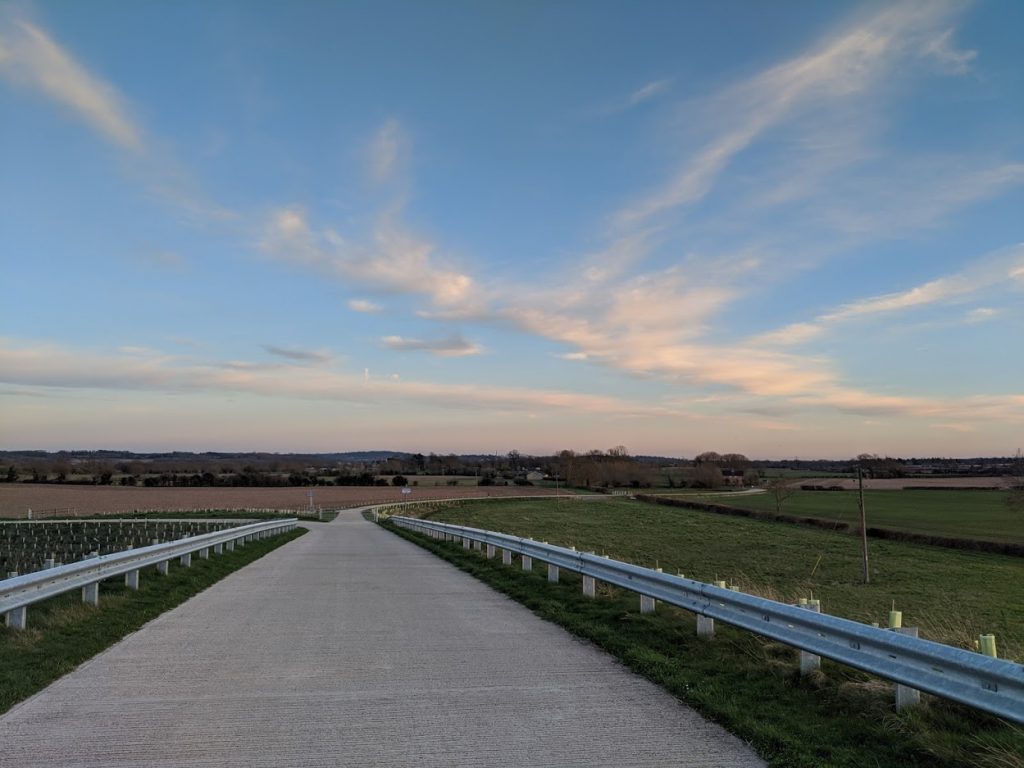
Since I wrote last week about the pandemic, putting it in the context of other global health issues, the total fatalities due to COVID-19 have more than doubled, and major European economies have essentially halted. I had some awareness of the likely rate of spread, but was not anticipating how events have played out, and so count myself among those hit by “exponential whiplash”:
“a cognitive phenomenon that sars-cov-2, the virus which causes covid-19, has been provoking around the world: exponential whiplash. Knowing in principle that something may take only a few days to double in size does little to prepare you for the experience of being continually behind the ever-steepening curve such doubling creates.” The Economist
I shared on LinkedIn this week that ONI is working on research to support the fight against COVID-19 and since Wednesday my productive energy has been focused there. Like many businesses across the UK, a majority of ONI’s staff are working from home, but my skills let me keep working on new projects directly related to SARS-CoV-2. It is exciting and rewarding to be able to do so, but it is also sapping time and energy from my usual pursuits. Given that, I have only a few incomplete thoughts to share:
Things to share this week
Proximity bias
It is noticeable to me that these deaths are causing so much more economic and social pressure than the deaths by the causes I listed last week. I guess it is because these deaths are more proximate to wealthy societies, which have won huge victories against infectious diseases. Combined with the panicked behaviour I note below, I feel most people demonstrate they do not find all lives are equally valuable, even though they might espouse that value.
Pandemics vs. Climate Catastrophe
Something I’m thinking about: if society knew that these radical measures were necessary to prevent a much larger disaster much further away, would we be able to make the same cuts on air travel, entertainment, and consumption? Could we reinvent our way of life to prevent deaths from climate change, without anyone needing to die first?
Some people are panicking
I am hearing first hand accounts of stockpiling from both Australia and the UK; supermarket shelves being emptied despite no larger issues on the supply side. A friend had toilet paper snatched out of her shopping cart. There has been a spike in gun sales in the US. It saddens me to see people act out of fear, and with so much selfishness. I wonder if it is merely a lack of understanding, or a symptom of a more fundamental social focus on individuals vs. collectives.
Some people are too relaxed
I was very surprised to see stories in my twitter feed of crowds flocking to climb Mt. Snowdon and filling out beaches in Florida and Bondi. While I am feeling relaxed when it comes to my personal safety, wider compliance with public health directives such as social distancing are needed for those policies to be effective (see also vaccines).
Misleading headlines make me angry
Please take care of the media you engage with. I generally feel positive about coverage from the guardian, but headlines like Australian man, 36, diagnosed with coronavirus dies in Iceland are deceptive. It is designed to grab your curiosity (or fear) about the pandemic, and clearly implies that the Australian man was killed by COVID-19. The disease is most lethal in older people, so a younger person dying is notable. But the reality brought by the third sentence is:
“While he was found to be infected with the coronavirus, it is unlikely to have been the cause of his death,” epidemiologist Dr Thorolfur Gudnason,
I.e. an accurate headline is “Australian man, 36, dies in Iceland of unknown causes whilst infected with coronavirus”. This is a problem; in a media saturated landscape many will scroll past the headline in a feed, and it will add to anxiety needlessly.
Harvard Medical Students COVID-19 Curriculum
A friend passed on this resource, which I think provides a good balance of brevity and comprehensiveness on the disease.
Photos from the week

